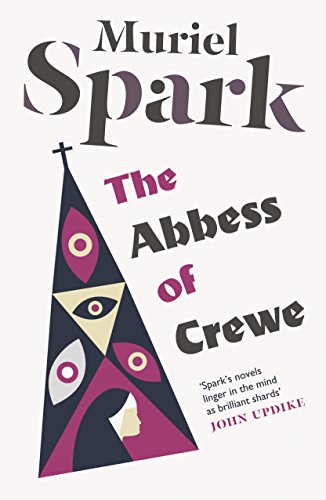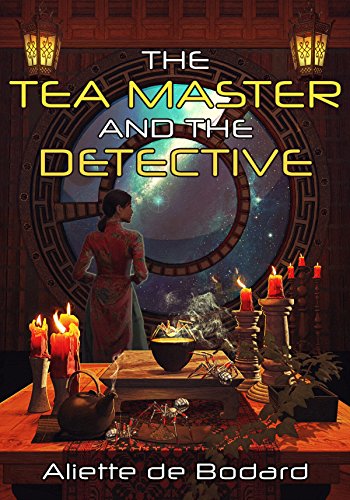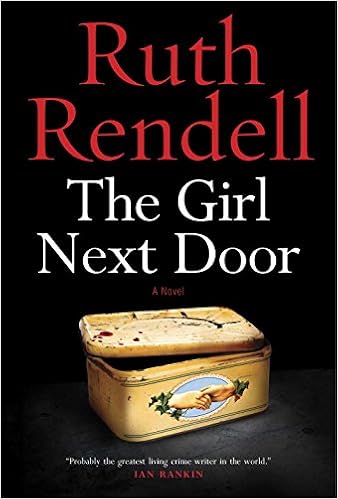Even worse than the loss was the suspicion that new memories were waiting just beyond my view, ready to fill the empty space with something far different from what had been removed. [p. 89]FBI Agent Josh Metcalf is haunted by the memory of a little girl whose disappearance was one of his first cases. He uncovers what he believes is a long-standing conspiracy: hundreds of children have gone missing since the 1960s, many of them rumoured to have had some kind of psychic ability.
Rowan Wilson, who hunts asteroids for a living, is also haunted: in her case, by dreams of a childhood she can't recall, nightmares about cosmic catastrophe, and visions of dead people.
And Sumner Macey is haunted by the memories he's given everything to hold onto -- and by his mission to uncover a terrifying cult and destroy its priests.
This was a pacy read, but not a compelling one: I started reading it by the pool last Christmas, forgot about it for six months, picked it up to finish it, and promptly forgot (within about a week) that I'd read it. I'm not sure if this was because I read it during a difficult time, or because I actively disliked quite a few of the characters, or because I found the prose -- despite its short sentences and preponderance of dialogue -- sluggish. The plot isn't awful and the novel is well-structured: but the female characters seem to either be haggard, comical sex maniacs or pure young things who fall victim to predatory priests. While the theme of memory alteration is intriguing, its remedy seems improbably straightforward.
I think it'd make a watchable film, but as a novel, for this reader, it lacked depth.






